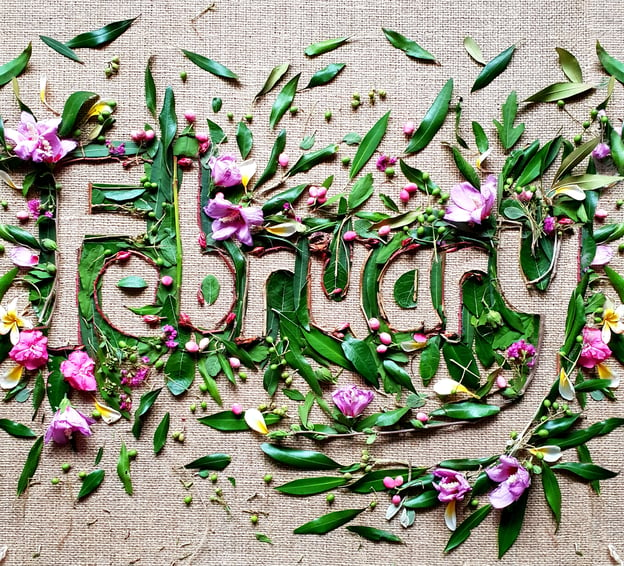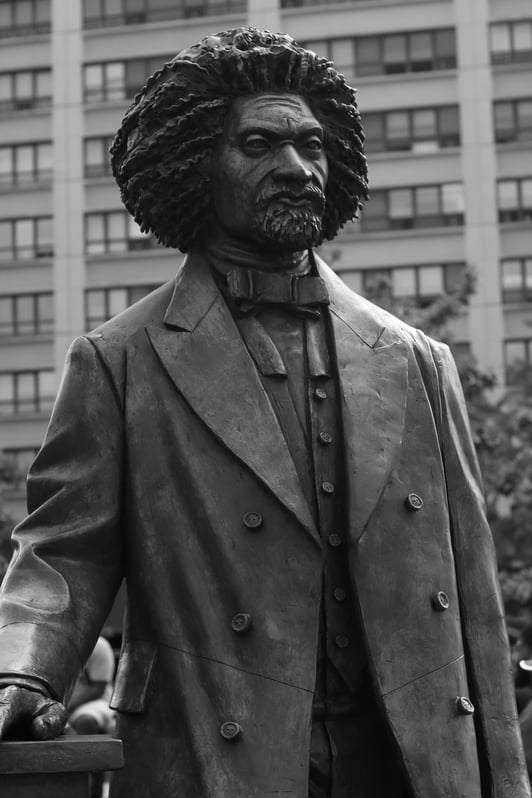4 February celebrations to chase away winter gloom
by Katie Wright | Feb 10, 2021 | in-home care, Social Activities for Seniors, seniors coping with coronavirus | 0 Comments

COVID-19 continues to keep us at home, away from friends and social gatherings. Our typical Pacific Northwest cloud cover spreads a wintry, gray blanket over our mood, and that rascal Punxsutawney Phil has dampened our hopes for an early spring by spotting his shadow.
So now more than ever we need something to celebrate. Something to warm our soul, add color to our gray palette, and bring joy to our foggy attitude.
And even though its calling card is icy weather, there are a few worthwhile and safe events to make February a little more enjoyable.
National Wear Red Day (first Friday in February)
It’s all about promoting cardiovascular health. The American Heart Association first promoted its Go Red for Women campaign in 2004 to highlight the fact that heart disease and stroke take the lives of 1 in 3 women. It’s important enough that the entire month is designated American Heart Month.
The color red symbolizes love, life, health, vigor, and courage, all of which are conditions of blood-red passion. In this gray month, a bright splash of color serves to brighten your outlook and remind women to learn their risk for heart disease.
Here are some ways to observe National Wear Red Day:
- Know the numbers that can change your life and manage them — your blood pressure, body mass index (BMI), fasting blood sugar, and total cholesterol/HDL (good cholesterol). Your health care provider will track these measures and help you determine your risk for developing cardiovascular disease.
- Make your dinner plate beautiful by adding color to your meals. Choose a variety of vegetables and fruits in vibrant colors. Start with red — red peppers, red cabbage, beets — and then include dark green broccoli or kale, orange winter squash, sweet potatoes, and carrots. The American Heart Association publishes more than a dozen heart-healthy cooking guides.
- Wear red. This is the festive part. Choose a red blouse or dress if you have one, or red accessories like scarves, socks, earrings, bracelets, or bandanas. And look around. You’ll see plenty of red sported by TV personalities or in social media posts like Facebook or Instagram.
Random Acts of Kindness Day (February 17th)
This day has unlimited potential if you use a little imagination. Something as minor as a gesture or kind word can make a difference for someone. It’s a day you can spread goodness while celebrating simply and safely. And the simpler the better, because this sets the stage for practicing kindness throughout the year.
There is a Random Acts of Kindness Foundation which offers plenty of inspiration, including feel-good stories, photos, and ways to participate. Just browsing the website will brighten your day.
Here are some ideas to get you started:
- Share a smile. Dolly Parton says, “If you see someone without a smile today, give ‘em yours.”
- Write a letter to someone to let them know what they mean to you.
- Write a letter to yourself about your best qualities and then tuck it away for a day you need a boost.
- Start a Kindness Jar for yourself or your family. When you observe an act of kindness, jot it down on a piece of paper and toss it into the jar. Look through your collection from time to time as a reminder of all the kindness in your community.
- Make a small donation to your local food bank, or a large one if it’s affordable for you.
- Instead of tossing your worn blankets and towels, donate them to an animal shelter.
National Caregivers Day (third Friday of February)
According to a 2020 AARP research report, there are 53 million caregivers in the U.S. Caregivers are our friends and neighbors and family members — we all know someone who has been in this role. While they deserve kudos every day, the third Friday of February serves as a reminder to extend our appreciation and support for these mostly unpaid providers. It’s a chance to do something special.
Whether they’re family members or paid health care professionals, caregivers share the qualities of dedication and compassion, which add an admirable dimension to the work they do.
Here are some ways to show your support:
- Take time with your caregiver to celebrate the day with coffee and cookies, flowers, a thoughtful card, or a small gift of appreciation.
- If you know a caregiver tending to their family member, volunteer to run an errand, plan a visit, arrange a meal, or provide a break.
- Offer to help a family caregiver research in-home care services.
- If there is a paid, professional caregiver in your life, register your gratitude with their supervisor.
Black History Month

Black History Month is celebrated in February because abolitionist leader Frederick Douglass (his statue featured above) and President Abraham Lincoln, who issued the Emancipation Proclamation, were born in February. Historian Carter G. Woodson is credited for starting the tradition early in the 20th century.
There are countless books, movies, essays, and local productions to encourage us to learn about how African Americans have shaped and strengthened our country. But since a thorough study of Black history might take a lifetime, for now let’s consider one often-overlooked cultural treasure.
Poetry.
Dozens of contemporary and storied Black poets have graced U.S. history.
Poetry is emotional and expressive. It draws us into its rhythm quickly and holds our attention with an almost musical quality. Its imagery is vivid. It can be enjoyed one poem at a time. And it begs to be read aloud.
Poetry adds a perfect bit of color to illuminate our gray February days.
A remarkable young poet caught the nation’s attention at President Joe Biden’s inauguration. Amanda Gorman’s “The Hill We Climb” spoke of hope and reconciliation while reminding us that we have a lot of work to do – “a nation that isn’t broken but simply unfinished.”
Maya Angelou’s (1928 – 2014) name comes to mind for many as an influential poet, writer, civil rights activist, writer, and educator. She delivered her poem “On the Pulse of Morning” at President Bill Clinton’s inauguration but is perhaps best known for “Still I Rise,” a verse about personal endeavor and determination. Read more of Angelou’s work HERE.
Elizabeth Alexander (1962 - ) is yet another Black poet who holds the distinction of composing and reciting an inaugural poem. She honored President Barack Obama with “Praise Song for the Day” at his 2009 swearing-in. Widely published, she is also a playwright, educator, and author of a touching memoir, “The Light of the World,” a story of love and the loss of her late chef-artist husband. Find samples of her poetry HERE.
Gwendolyn Brooks (1917-2000) holds the distinction of being the first Black author to win the Pulitzer Prize, awarded in 1949 for her book-length poem, Annie Allen. Much of her poetry is a portrait of urban African American life. Her varied style includes sonnets, free verse, and blues rhythm. A sampling of Brooks’ work can be found HERE.
Want more Black history? Find references HERE.
This is a first in what will be a series of guest blogs by Katie Wright, who writes about aging and senior wellness from Bellingham, WA. You can read more about her here.
If you or a loved one you know are looking for additional support during this time and are interested in scheduling a free in-home assessment, please contact SeaCare In-Home Care Services today! A SeaCare family member is standing by. 425-559-4339.



0 Comments